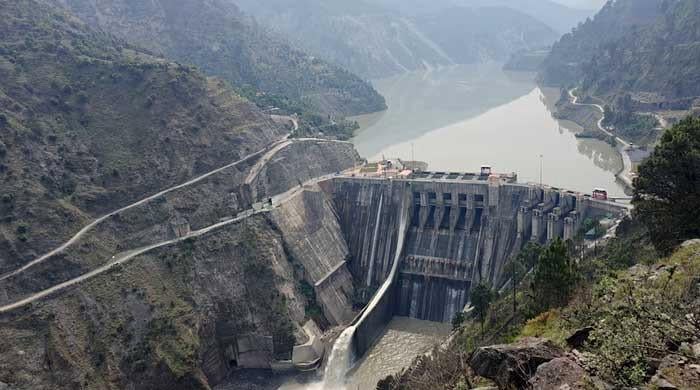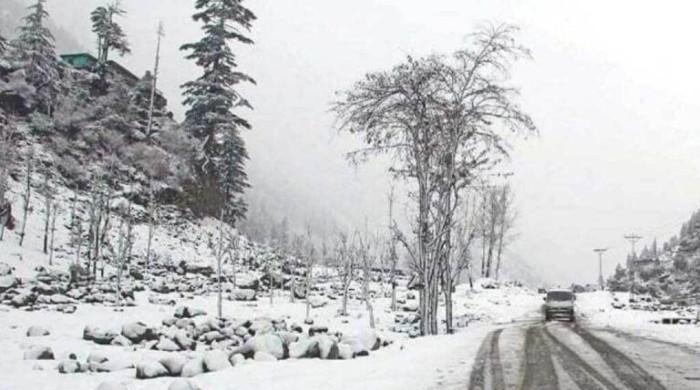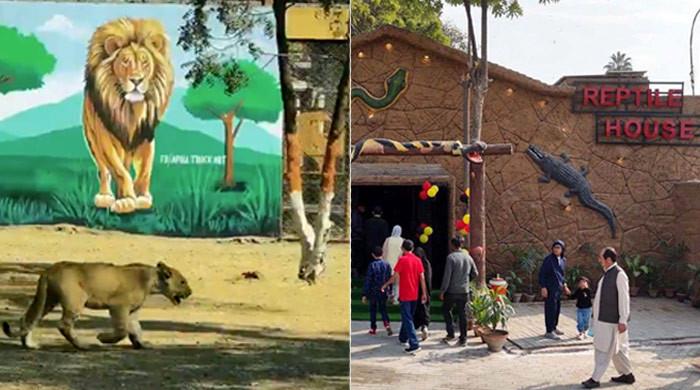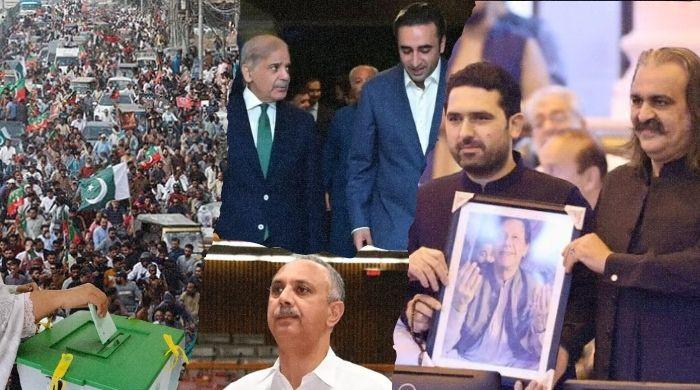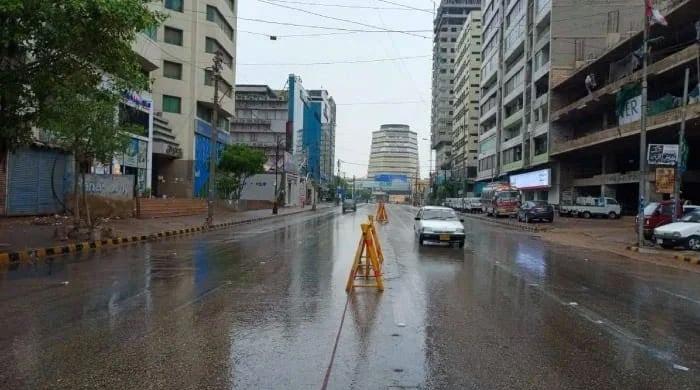'Get rid of Imran phobia, focus on performance,' Mahar tells govt in NA budget session
Ghous Bakhsh Mahar says govt has set “unrealistic and unimplementable” in budget for fiscal year 2022-23
June 13, 2022
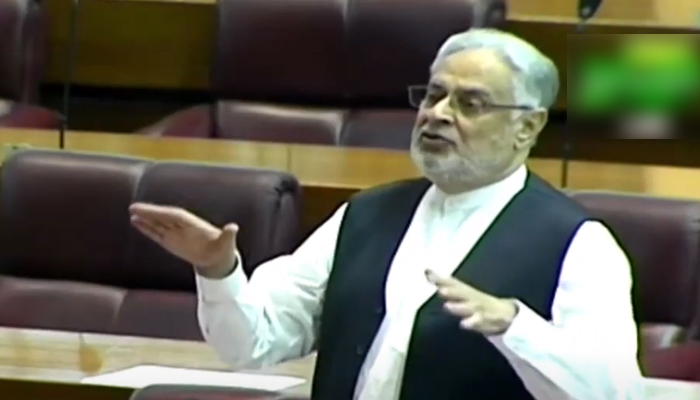
- Ghous Bux Mahar terms budget “unrealistic and unimplementable”.
- He asks govt why did it come into power despite knowing about issues.
- “Concrete measures” to ensure poor people’s upliftment, Raja Riaz says.
ISLAMABAD: Grand Democratic Alliance (GDA) leader Ghous Bux Mahar Monday told the government to come out of its “Imran” phobia and focus on performance.
In the National Assembly’s budget session, the GDA leader said the targets eyed by the government in the budget for the fiscal year 2022-23 are “unrealistic and unimplementable”.
The Shehbaz Sharif-led coalition government last week unveiled the “toughest” federal budget with an outlay of Rs9.5 trillion amid strict conditions of the International Monetary Fund (IMF) for the revival of the $6 billion loan programme stalled for months over policy breaches.
In the budget, the government has set the Federal Board of Revenue (FBR) collection target for the next fiscal year at Rs7,004 billion, while the provinces will be asked to collect Rs4,100 billion. Moreover, Rs24 billion have been allocated to the health sector and Rs65 billion to HEC.
Read more: PTI rejects 'unimaginative, purana Pakistan budget'
In his speech, Mahar said the government’s decision to hike petroleum prices has led to an increase in the rates of commodities across the board.
“I fear that the price of petrol might shoot up to Rs400 per litre [...] the price of fertilisers has also increased after the hike in electricity tariff,” he said.
The GDA leader added that the incumbent government, like its predecessor, is knocking on the door of the International Monetary Fund (IMF). “When you knew about the problems, then why did you decide to voluntarily fall in the pit?” he asked the government.
“How will you repay debts worth $21 billion with reserves of $9 billion?” Mahar asked.
Read more: Coalition govt unveils Rs9.5tr 'stabilising' budget for FY23
He said it was a matter of disgrace for Pakistan as it had to import pulses and wheat. The GDA leader said that the crops were destroyed in Sindh as the government had not released water for the province.
Moving on to the Opposition Leader in the National Assembly, Mahar said that Raja Raiz — a member of the PTI — had stated that he would contest the next elections on the ticket of the PML-N — the major stakeholder of the coalition government.
“What role will this sort of an Opposition leader play?” he asked.
‘Concrete measures’
Before Mahar, Riaz had started the debate on the budget and noted that the rulers would have to take “concrete measures” for the poor and middle-class people of the country.
The Opposition leader demanded that the government, for making the agricultural industry self-sufficient, should grant subsidies on diesel and electricity — which it is removing gradually in line with the IMF’s requirements.
Read more: Budget 2022-23 represents ‘significant improvement’ in several ways, says PM Shehbaz
Criticising the government, Riaz said it had banned the import of commodities but failed to curb smuggling. “Cigarettes are currently being smuggled in Pakistan,” the Opposition leader said.
Riaz added that the previous government — of which he was a part — has admitted that they increased Pakistan’s loans by 76%. The PTI leader said the country will have to get itself out of the IMF loop to ensure the upliftment of the poor.
He claimed that in the last four years of PTI’s tenure, no work had been done on ending loadshedding, adding that 12-13 hours of power outages were being witnessed across the country.
'Balanced, stabilising': Experts, businessmen weigh in on budget 2022-23
Riaz further said that the government had neglected the health and education sectors in the budget and not allocated enough funds for them.




